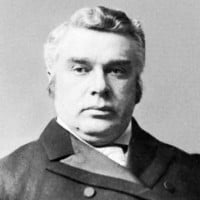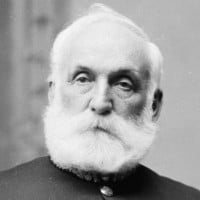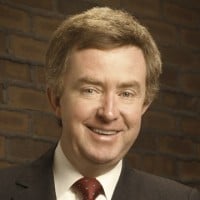Best Canadian Prime Ministers
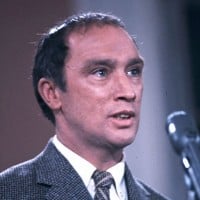 Joseph Philippe Pierre Yves Elliott Trudeau , often referred to by the initials PET, was a Canadian politician who served as the 15th prime minister of Canada.
Joseph Philippe Pierre Yves Elliott Trudeau , often referred to by the initials PET, was a Canadian politician who served as the 15th prime minister of Canada. Trudeau and his son are the inspiration of my heritage fair project. Frankly, he has completed so much for this country.
The canadian charter of rights was signed by him! That chart gives any canadian the right to vote and give his thoughts!
He was an army cadet, and you could find family members dating back to the early 1500s!
Pierre, is, without a doubt, the greatest prime minister.
John Lennon once stated that " if all politicians were like Mr. Trudeau there would be world peace. absolutely amazing man and by anyone who understands is held in higher regard than most people here.
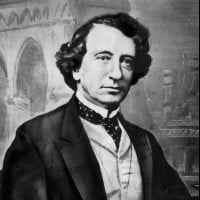
He was an extraordinary figure in Canadian history. Sadly he was so very much mischaracterized about his attempts to integrate a very small percentage of indigenous peoples into then modern society in an attempt to then have a means of which indigenous peoples could educate indigenous peoples.
An important founding member of Canada as a country. Served a long time though a couple of terms. His government was involved in the railway scandal. He was an outstanding advocate for Canada, was very capable and intelligent but was not without controversy.
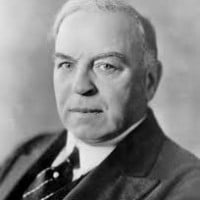
Longest serving, retired or died in office, I can't remember.
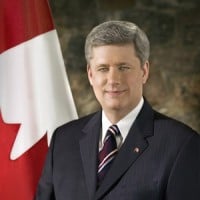 Stephen Joseph Harper is a Canadian politician and member of Parliament who served as the 22nd prime minister of Canada, from February 6, 2006 to November 4, 2015. He was the first prime minister to come from the modern Conservative Party of Canada, which was formed by a merger of the Progressive Conservative... read more
Stephen Joseph Harper is a Canadian politician and member of Parliament who served as the 22nd prime minister of Canada, from February 6, 2006 to November 4, 2015. He was the first prime minister to come from the modern Conservative Party of Canada, which was formed by a merger of the Progressive Conservative... read more When we realize how bias and narrative driven mainstream media is and frankly has been for decades it's a wonder pm Harper was able to stay in power as long as he did. He was careful and elusive with legacy media because he new it was CORPORATE/government narrative controlled be wealthy elites and lifelong government bureaucrats. Reread these 2 sentences and start your own research and education process. Pm Harper was not one of these people and had Canadian interests as his priority. He was qualified and competent and respected. The western world citizenry needs to wake up and stop taking our "good life" for granted or the socialist lefty wing nuts will take it all away.
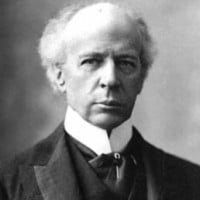
Laurier was the greatest Prime Minister because he brought the most personal liberty, economic success, lots of pride in Canada, and was the longest continuously serving PM.
Also, it is worth mentioning the inclusion of Alberta and Saskatchewan into Canada in his day.
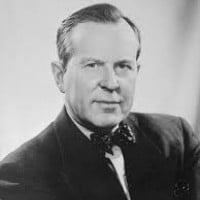
He introduced universal health care, student loans, the Canada Pension Plan, the Order of Canada, the Maple Leaf flag and helped create legal equality for women. His Liberal government also unified Canada's armed forces. Pearson convened the Royal Commission on Bilingualism and Bi-culturalism, and he kept Canada out of the Vietnam War.
Pearson was the consumate diplomat politically. He gave Canada it's own distinctive flag and was responsible for making Canada a world leader in peace keeping.
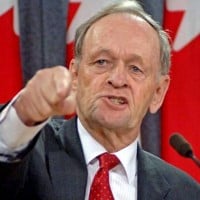
The only modern PM to pay down the debt, was more fiscally Conservative than the Conservatives. Gave a lifetime of service to Canada and its people. Came from humble beginnings. Very knowledgeable man. Was not a tax and spend Liberal. Must be very disappointed in the present Liberal PM.
Kept the country together during the 1995 Referendum (which was so close!), passed the Youth Criminal Justice Act, which has been successful at holding youth accountable.
He refused Canada to be in war with Iraq and Syria.
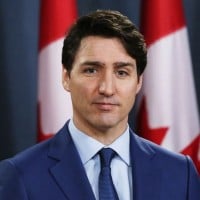 Justin Pierre James Trudeau PC MP (born on Christmas Day, December 25, 1971) is a Canadian politician who is the 23rd Prime Minister of Canada (assumed office November 4, 2015). He is the leader of the Liberal Party and the second-youngest Canadian prime minister after Joe Clark. His father, Pierre... read more
Justin Pierre James Trudeau PC MP (born on Christmas Day, December 25, 1971) is a Canadian politician who is the 23rd Prime Minister of Canada (assumed office November 4, 2015). He is the leader of the Liberal Party and the second-youngest Canadian prime minister after Joe Clark. His father, Pierre... read more Passed a lot of legislation to stop climate change, such as the Single-Use Plastic Ban, Carbon Tax, a promise to reduce methane emissions by at least 75% below 2012 levels, Clean Fuel Standard. Started a lot of progress on indigenous reconciliation, though he's not perfect, through protecting Indigenous Languages, moving forward with the United Nations Declaration on the Rights of Indigenous Peoples. Also dealt with the biggest POS President in modern memory, Donald Trump and managed to keep Canada safe along with Chrystia Freeland during that, even though the USMCA has a lot that needs to be fixed.
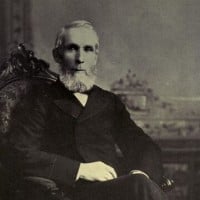
A man of unshakeable principles. He detested patronage so much that he had a secret staircase that led directly from his office in the West Block to the outside to avoid those seeking lucrative government contracts in exchange for party contributions. He was the first 'working-class' prime minister, a stonemason who led from a strong, moral base. We need more like him! Unfortunately, despite his accomplishments which are still in place today, he is a mere footnote in Canadian history.
No corruption, honest, straight-shooting PM, who initiated the secret ballot (privacy); founded the Royal Military College; created the Supreme Court of Canada and created the office of Auditor General."
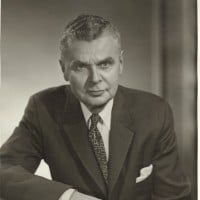
People back in the day did not understand his train of thought. He was more for Canada as a whole. He had ethics, morals, and a love for the country. He was ahead of the times in mind set. Today we have a real a Hole who is giving the country away to individuals who want to change the laws of the land. Here we see that they are getting it, at the tax payers expense. He obviously is on his own drug plan that Margret Trudeau was on, (she had the weed delivered to her door, accepted by the police at the front door, whereby for all the rest of Canada it was illegal to have even a smidgen). The whole family is on Drugs.
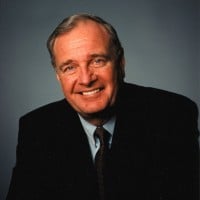
Probably the most underrated Liberal PM. He's remembered for the Sponsorship Scandal, but managed to pass a lot of important measures such as the Kelowna Accord, which tried to make crucial investments toward the future of Indigenous People, which would help them in the long run. Also set targets during the last major global climate conference, called the Kyoto Protocol, which tried to reduce our emissions and Canada's overall impact.
He did make gay marriage legally in 2005. That's something to be proud of Canada.
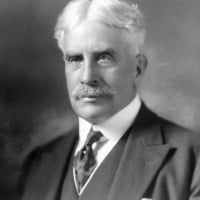
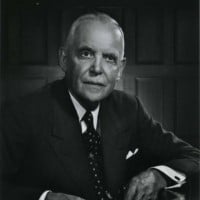
Had to deal with the damage after WWII, the beginning of the cold war and the Korean war. He also brought Canada economy back and helped in the joining Newfoundland to the country
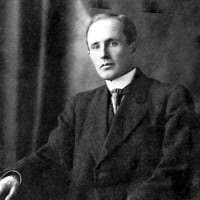
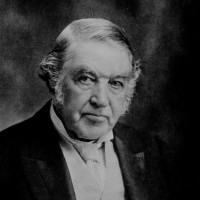
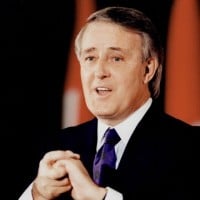
The BEST PM in my life time, removed Manufactures Sales Tax, introduced the GST, redress the financial mess Trudeau #1 left him with, negotiated Free Trade, Meech Lake Accord (perhaps the best constitutional achievement never implemented) got Acid Rain treaty, Ozone Treaty, end Apartheid. He did more for Canada in 9 years than all other PM combined in last 50 years

Showed all those guys out there that women can hold office as well.
Yes... but how long did she hold office for?
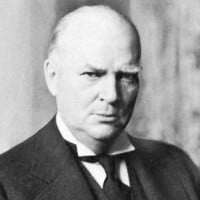
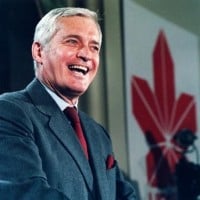
"If only you got to know the guy..."
Very capable, managed to get some very sensitive legislation passed in the 17 months he was PM. "
PIETER
